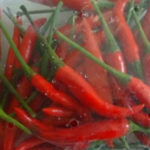Ripe Bananas
– Ripe bananas can go from perfectly yellow to spotty and overripe in what feels like seconds. If you can’t eat them fast enough, try this: cut the bananas off the bunch, place them in an airtight bag, and stick them in the freezer.
– When you’re ready to use them, simply thaw and blend into a smoothie, bake into banana bread, or use in your favorite recipe.
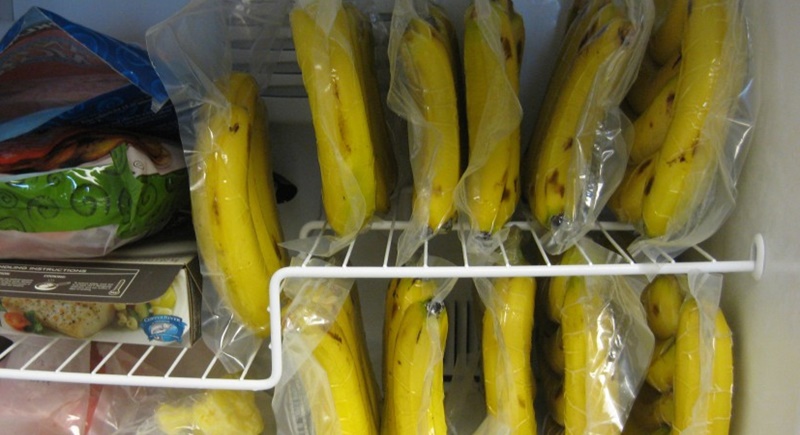
Onions
– Only need half an onion for your recipe? Chop up the remaining half, place it in an airtight bag, and store it in the fridge.
– The next day, you can use it without having to thaw it first. It’s a quick and easy way to add flavor to your meals.
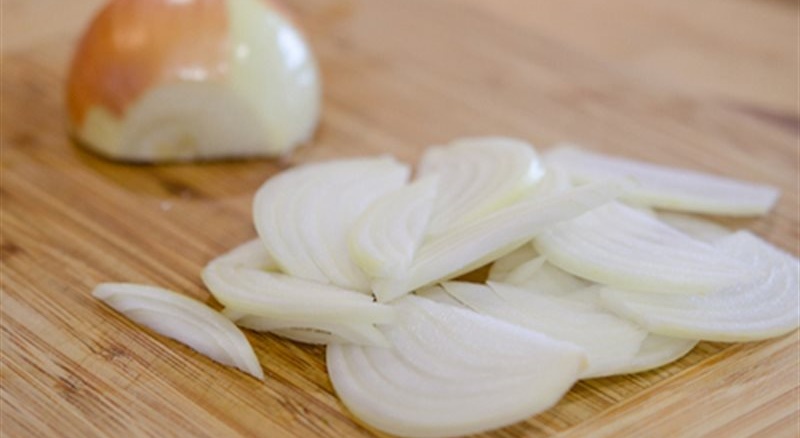
Bread
Leftover bread from dinner? Cut it into small pieces, blend it into breadcrumbs, and store them in an airtight container. These breadcrumbs can be used to coat chicken or fish for a crispy, golden finish.
Garlic, Ginger, and Chili Peppers
– For leftover garlic, ginger, and chili peppers, try this: peel and chop them finely, then blend into a paste. Freeze this paste in ice cube trays for easy portioning.
– When you’re cooking a curry, stir-fry, or any other dish that calls for these ingredients, simply pop a cube or two into the pan. It’s a great way to add instant flavor to your meals.
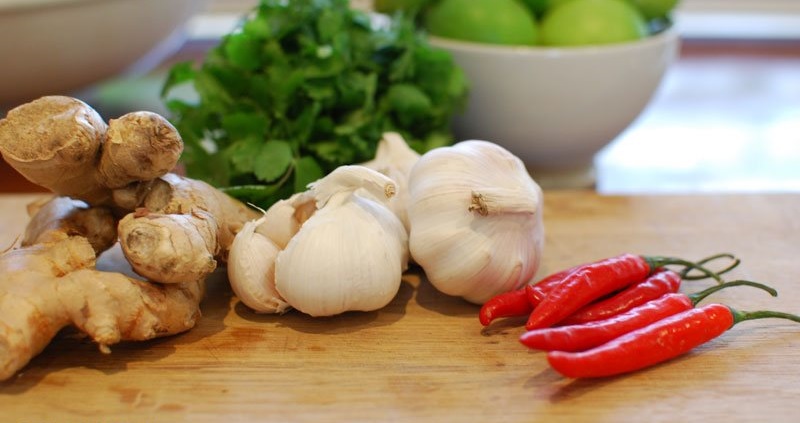
Tomatoes
Soft, ripe tomatoes are perfect for making a delicious tomato sauce. Cook them down with some garlic and use the sauce for pasta, casseroles, or as a base for soups.
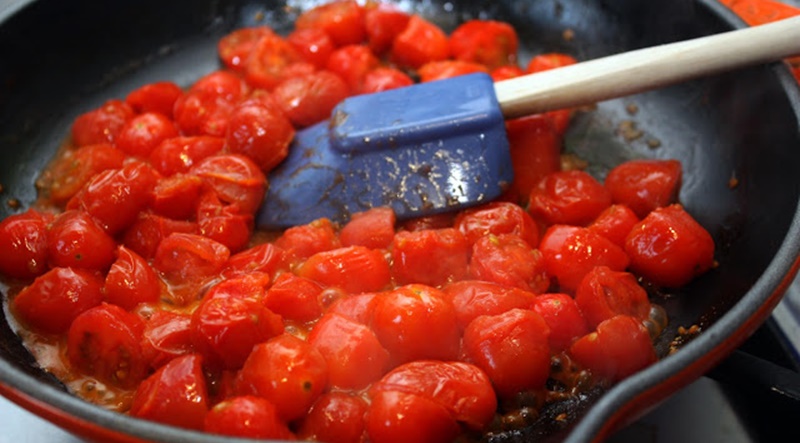
Tips to Avoid Food Waste
– Keep your fridge temperature between 2°C and 5°C to maintain freshness.
– Allow cooked food to cool down before storing it in the fridge. This helps prevent bacteria growth.
– Don’t keep leftovers for more than 3 days to ensure food safety.
– Avoid consuming food past its expiration date, even if it looks and smells fine.
For more tips, check out: 9 Simple Ways to Reduce Food Waste at Home
Ten Strategies to Streamline Your Cooking Process
Are you a busy housewife looking for ways to save time in the kitchen? Did you know that flossing can also help you out? Check out these 10 tips to help you quickly and easily prepare delicious meals for your family. Learn how to peel garlic in 10 seconds and cut cherry tomatoes quickly for a healthy and tasty meal.
4 Strategies for Storing Chili for One Month
Do you want to enjoy the fresh, spicy flavor of chili peppers all month long? Look no further! This article provides tips and tricks for storing chili peppers so that they stay fresh and flavorful for up to a month. Learn how to best preserve your peppers and savor their zesty taste for weeks to come.




























